A general review of the medical evidence to support claims made for herbs was published in WebMD. It discussed many of the ways in which herbs help aid practically every known component of the human body, from cardio health to brain function. Keep in mind that many herbs have been around for more than a thousand years as remedies for common ailments. Garlic and Echinacea are just two examples of herbs that have a long, rich history as healing agents.
Any herbal plant that is able to make the heart work better or just achieve a better state of health can indeed prolong a person’s life. Heart attacks are one of the most common causes of death in industrialized nations. Likewise, herbs that work to boost the immune system can keep the body generally more healthy and go a long way toward increasing longevity. Here is a brief outline of the 18 best-known herbs that can help add years to a person’s life, either through better heart health or by addressing serious illnesses and the immune system.
The name of each herb is followed by a short description of its medical effects:
1. Garlic
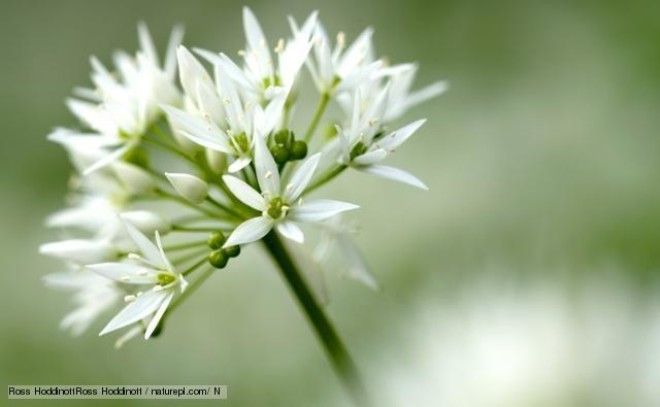
Garlic has been used for decades to help control high blood pressure and to prevent heart disease. In addition, some people use it because of its bacteria-killing properties and suspected role as a way to prevent certain types of cancer.
2. Hawthorn
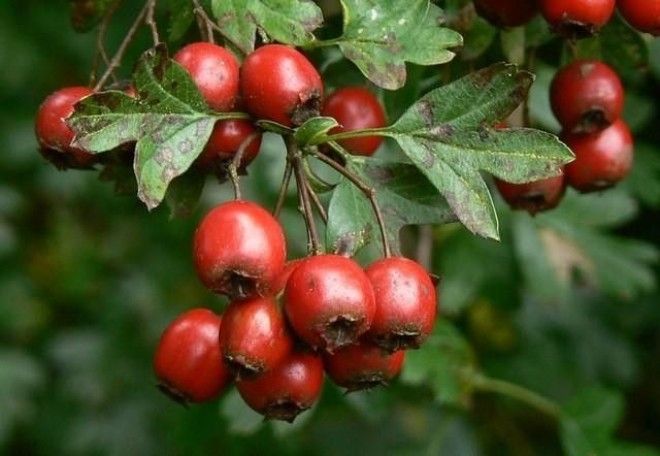
This herb works to bring on lower blood pressure, reduce heart rate and open the arteries. It is reported that hawthorn takes several months before the benefits become apparent.
3. Guggul
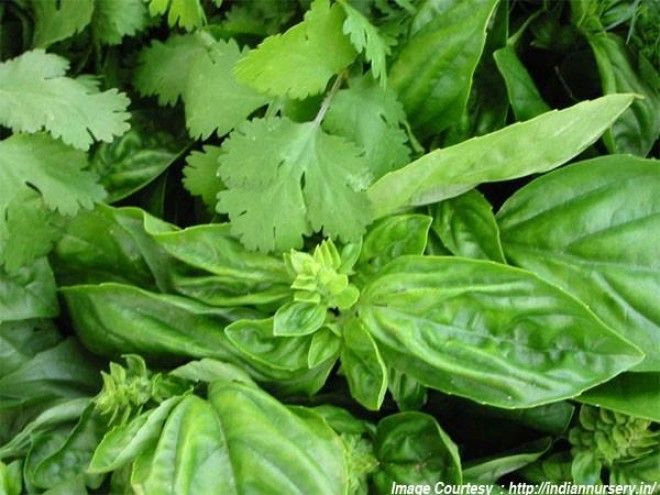
A cholesterol-specific herb that chemically reduces “bad cholesterol” even before it is able to reach the blood.
4. Horse chestnut
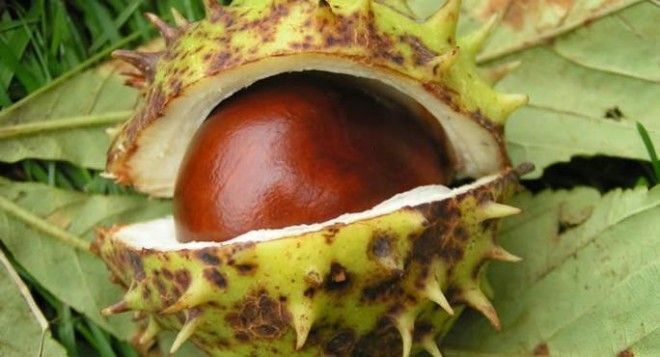
This age-old remedy, long popular in Europe, strengthens veins and capillaries, thus reducing swelling. Healthier veins are an all-around form of protection against a wide array of heart ailments.
5. Cinnamon
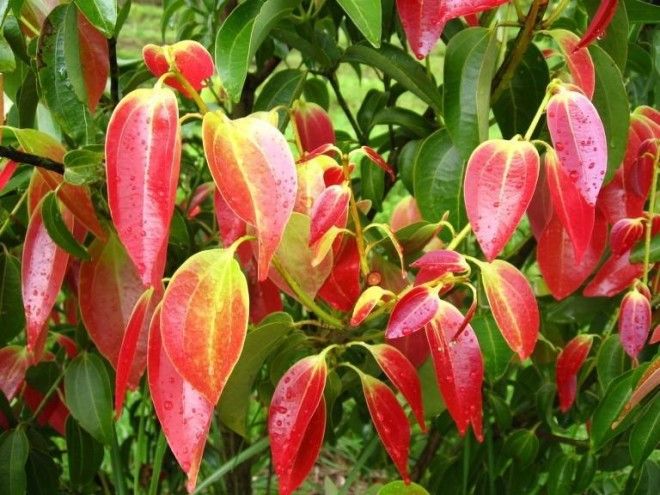
This tasty little herb is known to strengthen the circulatory system in various ways, primarily by reducing high blood-sugar levels and controlling cholesterol.
6. Dandelion
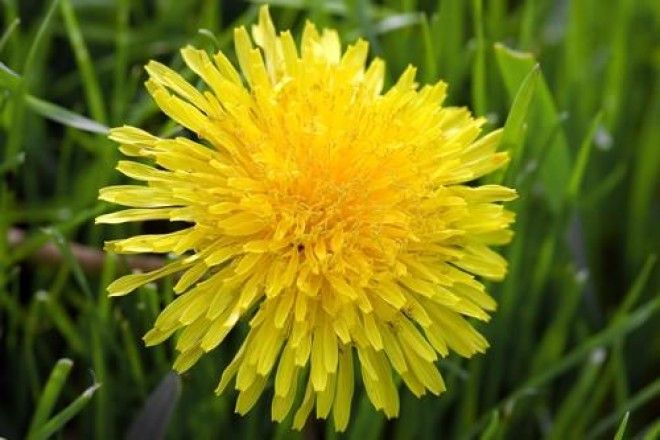
Long beloved in the West for its use in a home-brewed wine, dandelion is an effective way to get blood pressure under control. The chemical mechanism by which this process works is intriguing: Dandelion actually reduces the amount of blood in the body, thus cutting down on overall blood pressure.
7. Angelica root
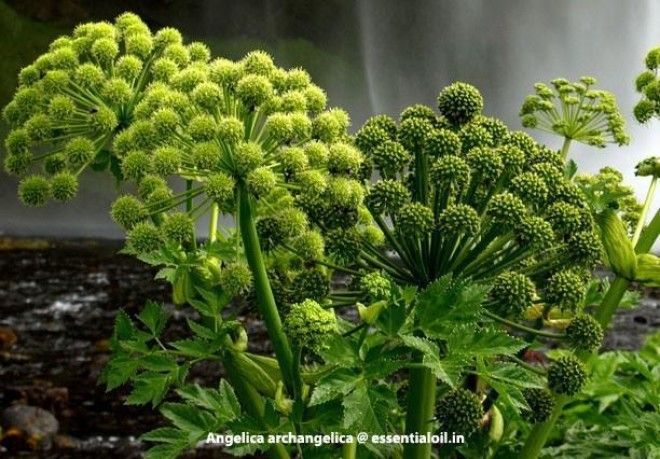
People who have weak hearts often take angelica root as a remedy. For centuries, this oddly named root has built a reputation as a general strengthener of the circulatory system and especially the heart itself.
8. Coriander
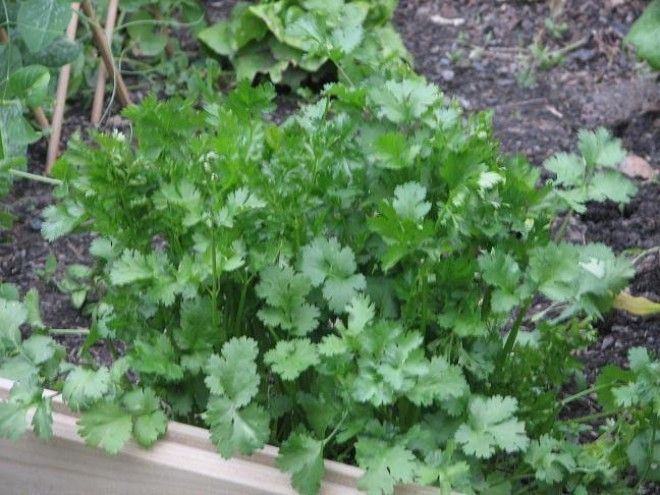
Working much the same way as angelica root, coriander is another herb that works in numerous ways, and through several chemical processes, to energize and empower the human cardiovascular system.
9. Cayenne
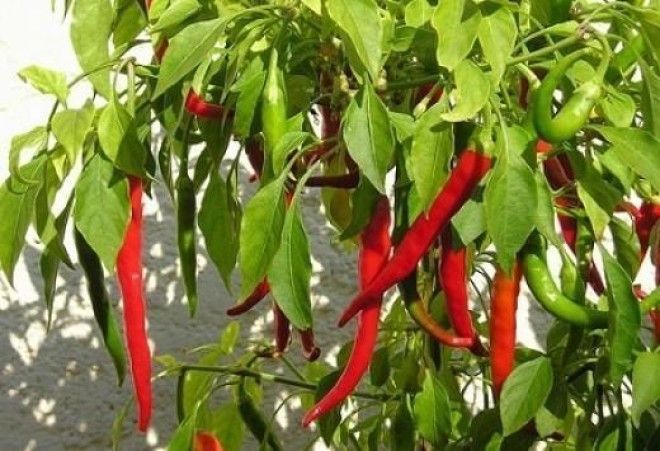
This well known herb is often used to slow the rate of bleeding in accident victims. It also works by making blood vessels more elastic. As a result, cayenne is an effective agent for establishing normal blood pressure.
10. Motherwort
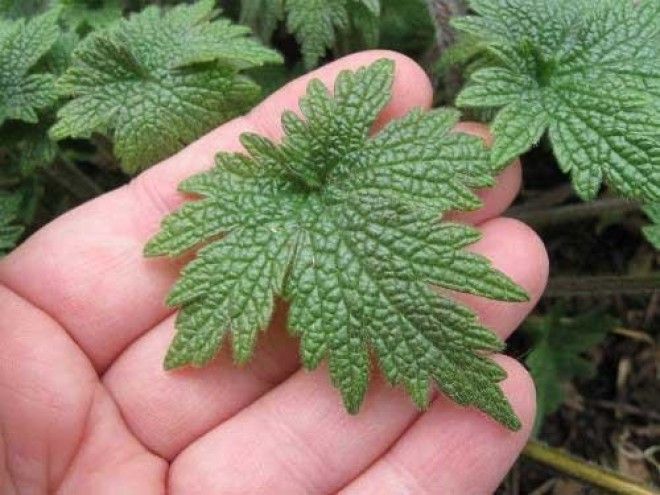
This herb has been around for centuries, though only today are scientists learning how it works. It contains a rare alkaloid by the name of leonurine, which directly relaxes the heart muscles when taken in therapeutic doses.
11. Gynostemma
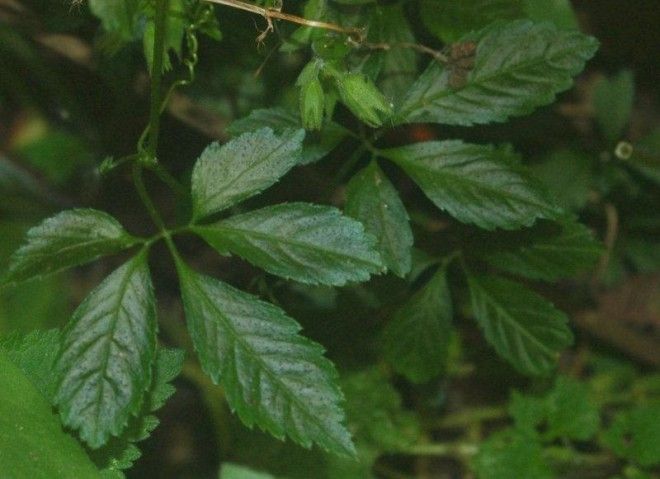
An effective herb for healing wounds and making the heart stronger. It also affects the entire circulatory system in beneficial ways.
12. Echinacea
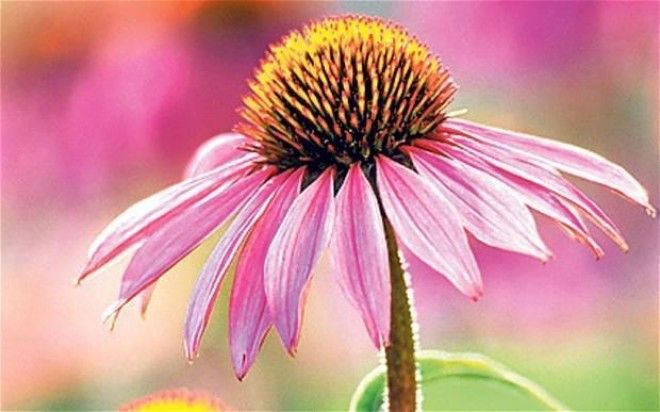
An internationally popular way to fight infections, eliminate dangerous bacteria, and bolster the immune system. Echinacea is one of the best-selling herbal supplements in retails stores in the U.S. and Europe.
13. Astragalus
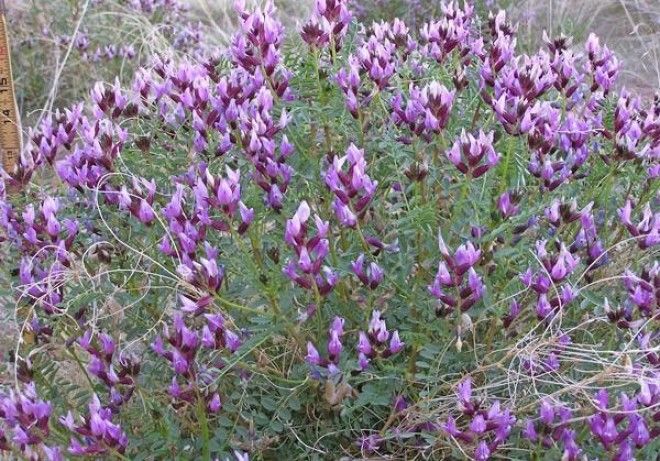
Popular among the ancient inhabitants of China, this herb is a powerful agent that helps strengthen the immune system.
14. Elderberry
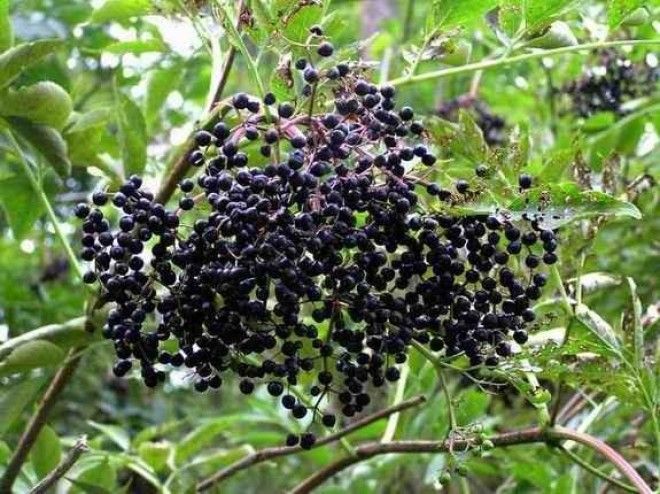
Contagious influenza is a serious global problem, especially in underdeveloped nations. Elderberry helps prevent the flu and is an effective way to prevent its spread within large populations.
15. Andrographis
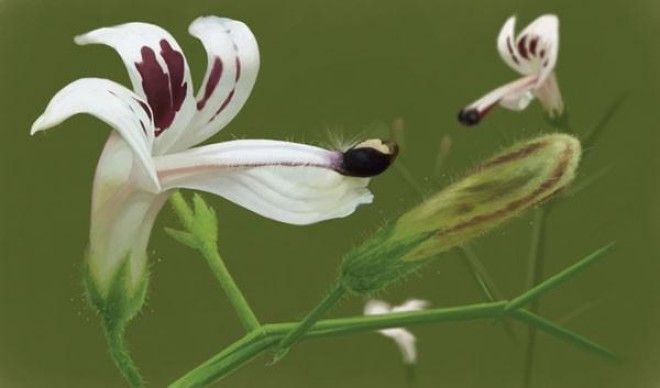
Okay, perhaps not a life or death issue, but this hard-to-pronounce herb is a powerful cold remedy.
16. Kelp

An ancient remedy for infections of various kinds, kelp is one of the most commonly consumed herbs on earth, especially in Asia. The secret to its power is high iodine content.
17. Yucca Root
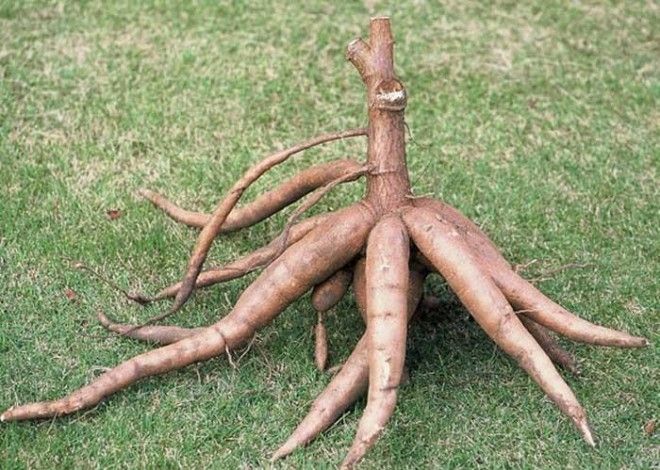
Arthritis sufferers have long known the relief provided by this root with the strange-sounding name.
18. Nettle
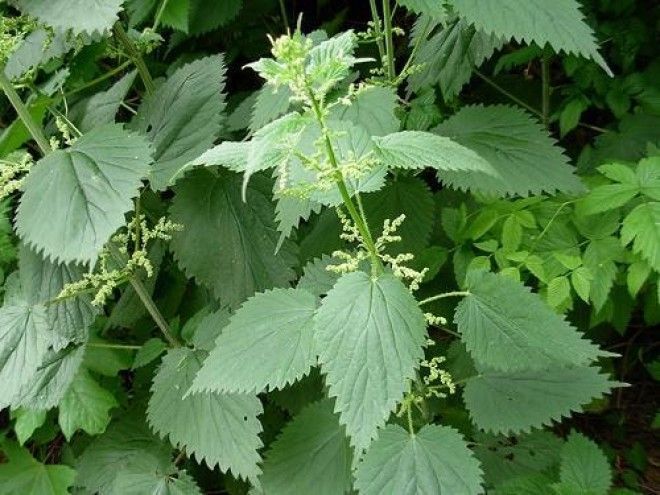
Arthritis and hay fever, as well as anemia, are the primary maladies treated with nettle.
What about tea?
Tea is in an in-between category with respect to its categorization as both an herb and a spice. Because many teas are fermented during processing, they can be considered spices. But because the leaf is the part of the tea plant we use, some consider it to be an herb. Because drinks like matcha tea use the entire leaf of the tea plant, they are perhaps more commonly thought of as herbs, rather than spices, which tend to come from parts of a plant other than the leaves.
Herbs have been in existence longer than humans, and these ancient plants provide much more than a source of food flavoring. It is thought that some of the earliest human communities consumed herbs and drinks made from them to treat various ailments. Now, medical science is taking a closer look at the exact chemical processes that make particular plants and herbs virtual healers among the earth’s flora.
Whatever one’s specific reason for taking herbs, one of the most important is the prolonging of human life. Herbs play a vital role in the life of our species and will likely continue to do so for as long as human beings roam the planet.

